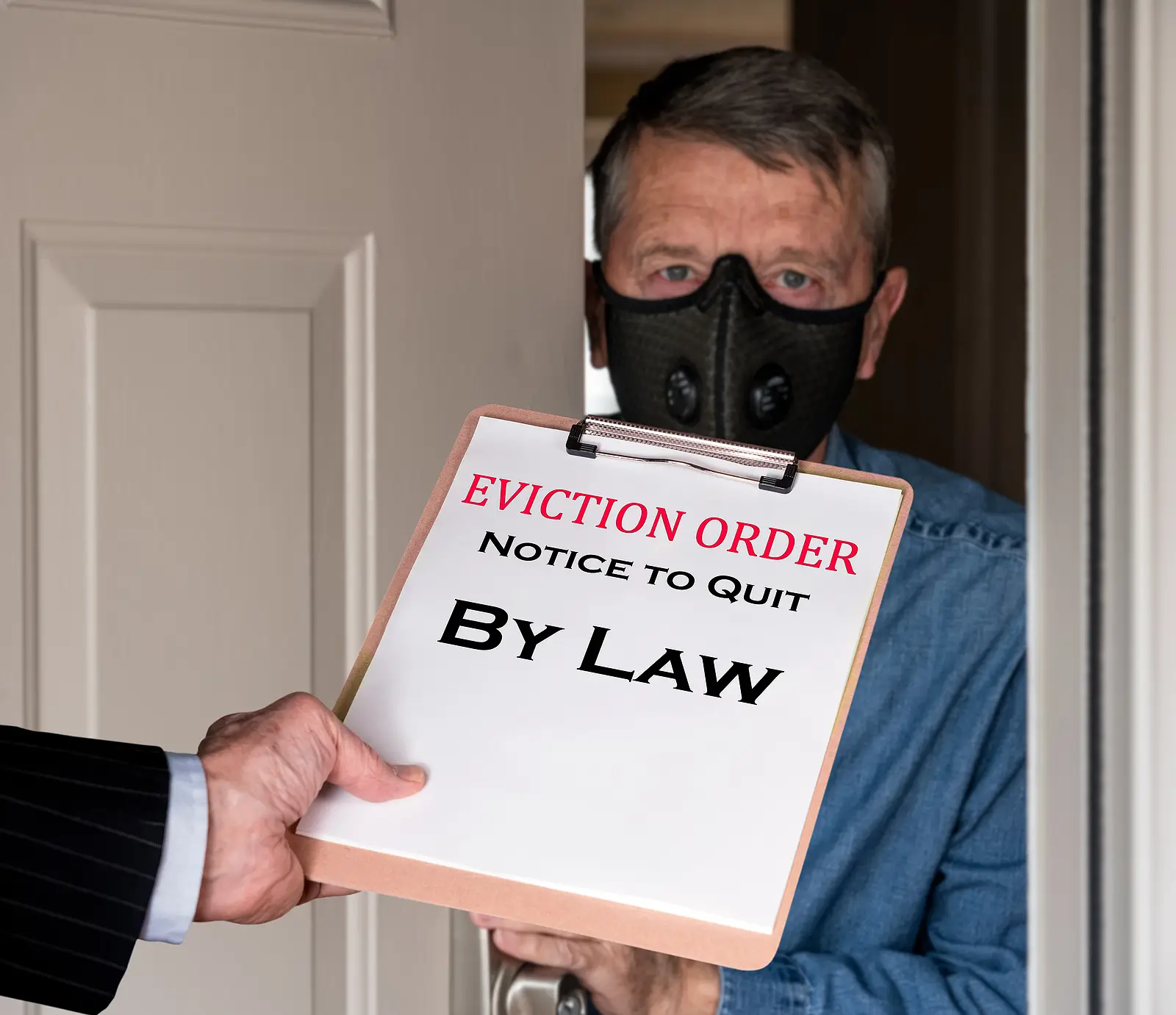What happens when a tenant leaves behind a sofa, a TV, or even an entire apartment full of stuff?
While disposing of everything may appear expedient, neglecting legal procedures can result in significant issues for Denver landlords.
When a tenant vacates a residential premises due to eviction or chooses to vacate voluntarily, both the landlord and tenant have responsibilities under applicable laws. Personal belongings left behind must be handled carefully to stay compliant with local ordinances and protect your legal standing.
To avoid confusion, this article outlines the legal process and the notices that must be sent. Remember, following the correct steps is crucial to avoiding delays, legal issues, or additional costs when handling a tenant’s personal property after an eviction. Keep reading.
The Right Way to Clear Out a Rental Without Legal Trouble
Clearing out a rental isn’t as simple as tossing what’s left behind. Applicable laws in Colorado outline specific steps that both landlords and property managers must take before removing a tenant’s items. Here are the key actions to follow to stay compliant and avoid legal trouble.
Determine if the Property Is Legally Considered Abandoned
Not all personal property left behind is considered abandoned immediately. Under Colorado law, a tenant's belongings are considered abandoned only if the tenant vacates the rental unit without notice, is evicted through the legal process, or leaves without removing their belongings after the lease ends.
If the tenant fails to pay rent owed, violates the lease agreement, or is removed for a substantial violation, landlords must assess if the property left behind meets the legal definition of abandonment. It’s also important to check if the tenant indicated plans to return for their items. Property owners must proceed with care to avoid violating tenant rights.
Provide Proper Written Notice to the tenant.
If the landlord chooses to remove or store a tenant's abandoned property, they must send written notice before disposing of it. This notice must follow Colorado Revised Statutes and often includes a deadline for the tenant to reclaim their personal property.
Send the notice by certified mail with return receipt requested, and include:
- A clear list or description of the abandoned property
- The location where items are stored
- A deadline to reclaim the items
- An explanation of any storage costs
- A statement that items will be sold or discarded if unclaimed
Sending written notice protects both the landlord and the tenant, ensuring compliance with local regulations.
Wait the Specified Period Before Taking Action
Once the written notice is sent, landlords must wait the period outlined by law, typically 15 days. During this time, tenants can claim their personal belongings. If the tenant claims the property and pays any unpaid rent or storage costs, the landlord must return the items.
Landlords must not sell, keep, or dispose of anything before the waiting period ends. Acting too soon may violate the tenant’s legal rights and lead to disputes.
Dispose, Store, or Sell Unclaimed Property Legally
If the tenant fails to respond or reclaim the items after the notice period, the landlord may legally dispose of or sell the unclaimed property. Proceeds can be used to cover rent owed, damages, and storage costs. Any remaining balance should be returned to the tenant.
Following state regulations and local laws ensures the landlord is protected. Always document every step to prove landlord responsibilities were met.
Avoid Common Landlord Mistakes That Can Lead to Legal Trouble
Mishandling a tenant’s abandoned property can expose landlords and property managers to serious legal issues. Failing to provide notice, discarding valuable items, or disregarding local rules may violate tenant rights and result in costly disputes.
To stay protected:
- Follow the terms of the lease or rental agreement
- Comply with Colorado Revised Statutes on abandoned property
- Allow access if the tenant returns during the required notice period
- Keep detailed records of notices, dates, and all communication
Understanding the whole eviction process, including what to do with left-behind belongings, helps prevent delays, financial losses, and legal trouble.
At Mavi Unlimited Property Management and Real Estate, we’re committed to providing well-managed and well-maintained rental properties backed by responsive customer care.
Call us today and let us help you protect your property while providing quality service to your tenants.


